Give 5: Steps to a Wellbeing Rights Framework focuses on what government and organisations can do to better tackle the mental health crisis. Take 5 Steps to Wellbeing is a public health campaign focusing on what individuals can do to improve their mental health. We can’t have one without the other.
Too often, people battling 'mental health' issues are made to feel like they are the problem. That there's something wrong with their brain, that they're weak, or that they haven't 'tried hard enough'. This only makes things worse.
We know that the world around us shapes us. Poverty, violence, discrimination, isolation and toxic cultures are often the real culprits. The evidence shows that there are serious failures in our systems causing devastating harm to individuals, families and communities. It's time for radical change. That time is now.
Give 5: Steps to a Wellbeing Rights Framework
People with lived experience, along with mental health workers, have created this rights-based framework. It outlines 5 steps which government bodies and organisations can act on to address the 'mental health' crisis.
Quick fixes and band-aid solutions might look good, but don't address the real issues. It's not just about more resources, but how and where the money is spent. We call on the government to adopt this framework and need your help.




The crisis in mental health should be managed not as a crisis of individual conditions, but as a crisis of social obstacles which hinders individual rights. Mental health policies should address the 'power imbalance' rather than 'chemical imbalance.'Professor Dainius Puras, UN Special Rapporteur on the Right to Health, 2017.
A vast body of evidence demonstrates that poor mental health is inextricably linked to the social and economic contexts of people's lives.
Structural factors such as inequality, discrimination, poverty, unemployment, lack of housing, childhood adversity and the privatisation of healthcare are all key drivers of poor mental health.
This evidence supports a growing worldwide consensus on the need for governments to respond to these social determinants to transform mental health.
In recent years the United Nations and the World Health Organisation have urged governments to pay greater attention to the social determinants of mental distress. These calls have been echoed at the domestic level.
In April 2024, the BMJ Commission on the Future of the NHS demanded urgent government action on the social determinants of health, to reverse worsening health outcomes within the UK population.
In Northern Ireland, strategies and public health messaging on mental health continue to medicalise and individualise the distress people are experiencing. This can cause, whether intentionally or not, people to experience increased stigma, blame and shame.
The required reforms have been clearly laid out, by international human rights bodies as well as by grassroots activists with lived experience and professionals working in mental health services.
You will find links below to a range of evidence sources that support Step 1: Connect. This evidence is drawn from both international and local levels, including the United Nations and WHO, academic journals and books, parliamentary and NGO reports, alongside analysis by New Script for Mental Health.
Further links will be added on an ongoing basis.
Act now to endorse Give 5
Use the form below to show your support, as either an individual or an organisation. Additionally, you can choose to send an email to the Minister for Health, Mike Nesbitt, to urge him to endorse Give 5 too!.



